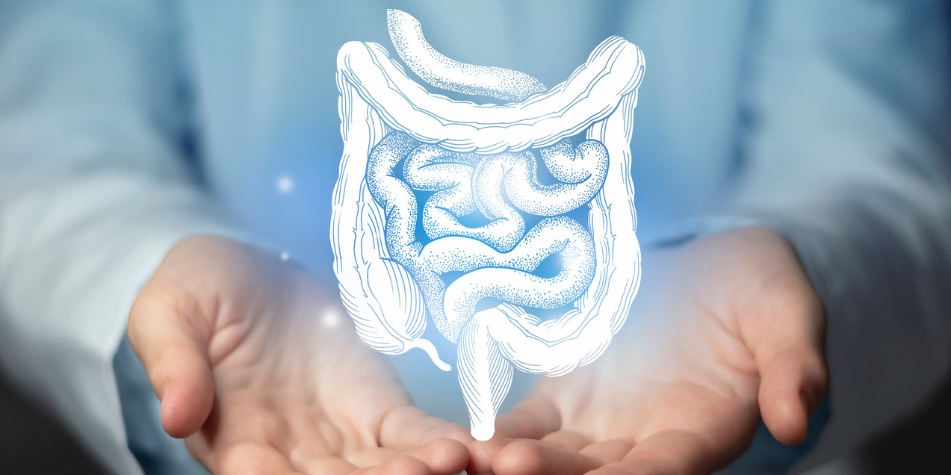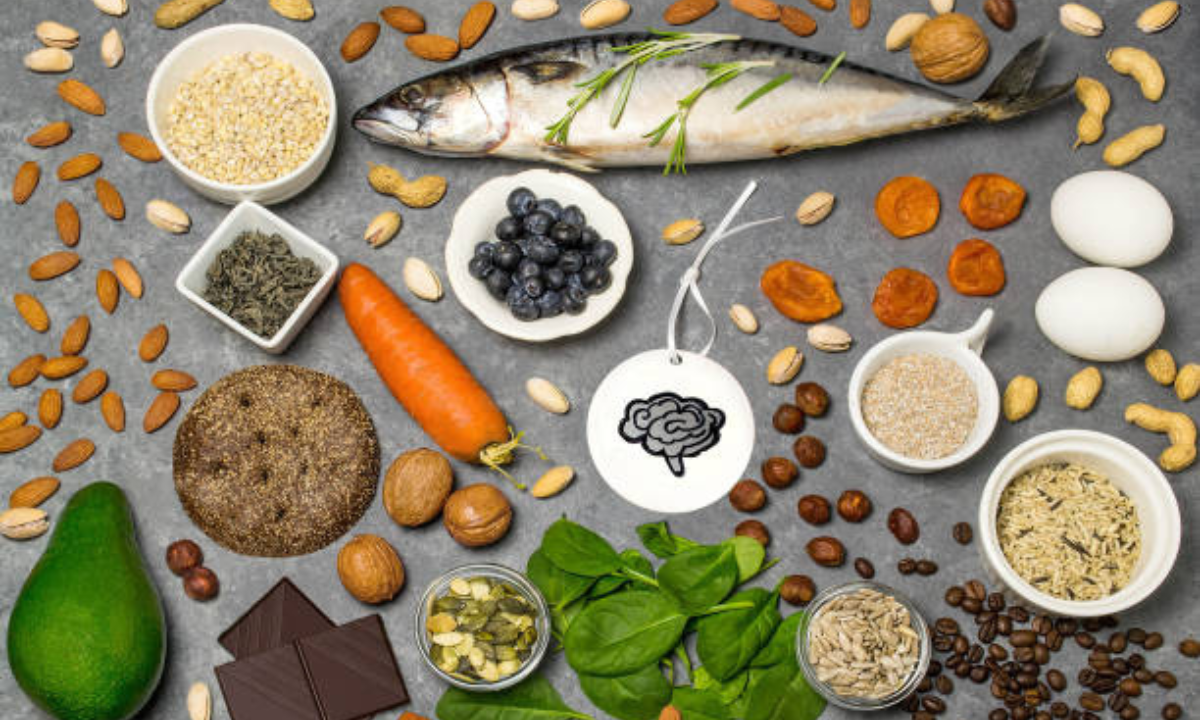Why the gut microbiota is vital for the body: keys to keeping it healthy

The microbiota is the collection of bacteria, viruses, fungi, and archaea that coexist in the human body, primarily in the gut, although they also inhabit the skin and mouth. These microorganisms play essential roles in digestion, immunity, metabolism, and emotional well-being.
The human gut hosts between 10 and 100 trillion of these organisms , more than the number of cells in the body. Their genetic material forms part of the microbiome and plays a key role in overall health. Their importance had already been postulated by microbiologist Ilya Mechnikov, who proposed more than a century ago that it was possible to improve health by manipulating the intestinal flora with beneficial bacteria.

The intestine is home to trillions of microorganisms, outnumbering human cells. Photo: iStock
- Digestion and nutrition: Gut bacteria break down indigestible dietary fiber, producing short-chain fatty acids such as butyrate, which strengthen gut health.
- Immunity: They help regulate immune responses and strengthen the intestinal barrier. Most of the body's white blood cells originate in the intestine.
- Neurological and metabolic health: Through the production of metabolites, the microbiota influences hormonal balance, the production of vitamins B and K, and neurotransmitters such as serotonin, dopamine, and GABA, which are essential for mood.
- Poor diet: Excessive consumption of ultra-processed foods, refined sugars, sweeteners, and preservatives reduces microbial diversity. In contrast, a diet rich in fiber, fruits, vegetables, and fermented foods favors beneficial bacteria such as Bifidobacterium and Lactobacillus.
- Antibiotic use: A single course of antibiotics can drastically reduce bacterial diversity for months. To offset this effect, a diet rich in natural probiotics and prebiotics is recommended.
- Stress and lack of sleep: The stress hormone cortisol alters intestinal permeability and affects microbial diversity. Furthermore, disruption of the circadian rhythm impacts microbiota stability, increasing the risk of inflammation and sleep disorders.
- Sedentary lifestyle: Regular physical activity increases beneficial microbial diversity. Conversely, a sedentary lifestyle favors the predominance of pathogenic microorganisms.
There is a two-way communication system between the gut and the brain known as the microbiota-gut-brain axis. Through the vagus nerve and chemical mediators, the microbiota influences brain functions such as neurotransmission, inflammation, and stress response. An imbalance in the microbiota can be linked to disorders such as anxiety, depression, and neurodegenerative diseases.

The microbiota helps break down fiber, produce vitamins, and strengthen the intestinal barrier. Photo: iStock
The composition of the microbiota evolves throughout life:
- Infancy (0–2 years): initial colonization influenced by childbirth and breastfeeding.
- Childhood and adolescence: microbial stabilization and maturation shaped by diet and environment.
- Adulthood: relative stability influenced by lifestyle.
- Old age: decreased diversity and increased opportunistic bacteria, with risk of dysbiosis.
Recovering from a damaged microbiota requires time and sustained lifestyle changes:
- Diet rich in vegetables (at least 30 varieties per week) and fermented foods.
- Temporary elimination of ultra-processed foods, gluten, and dairy products in symptomatic cases.
- Intake of natural prebiotics and probiotics.
- Proper hydration, physical exercise, good rest, and stress management.
According to specialists, the ideal microbiota is one with a wide diversity of species that coexist in balance. Its proper functioning is essential for overall human health.
The Nation (Argentina) / GDA
Colon cancer and irritable bowel syndrome: How can an oncologist differentiate them? | El Tiempo More news in EL TIEMPO *This content was rewritten with the assistance of artificial intelligence, based on information published by La Nación (GDA), and reviewed by the journalist and an editor.
eltiempo




-U83856408636tet-1024x512%40diario_abc.jpg&w=1280&q=100)
